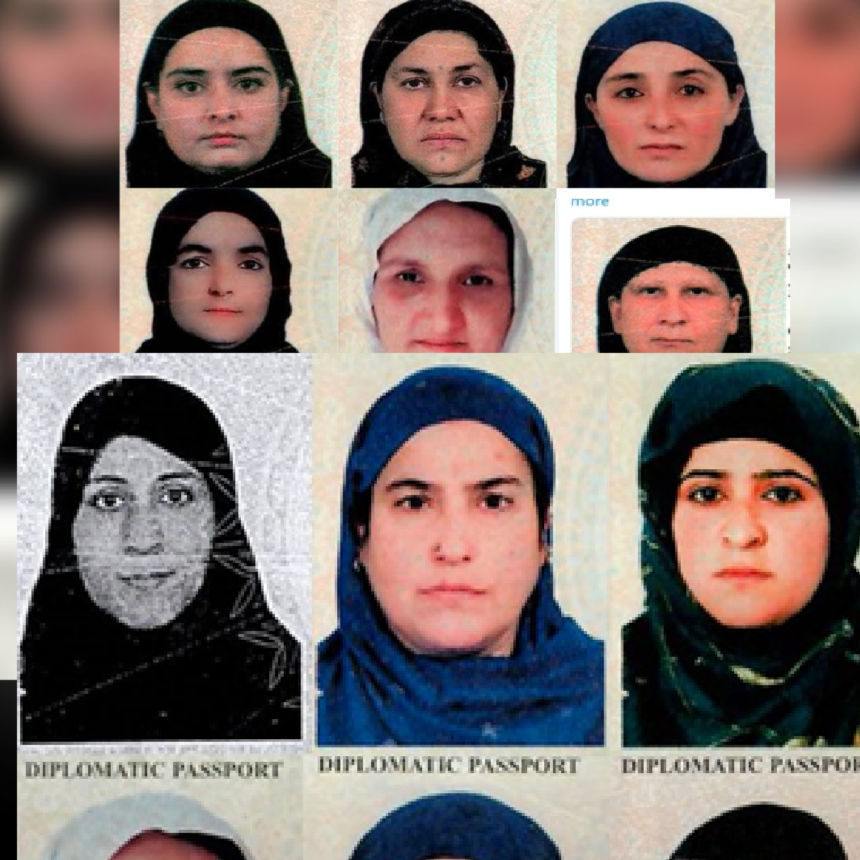RASC News Agency: The Afghanistan Women’s Movement in Exile has issued a blistering condemnation of the Taliban’s latest decree ordering the removal of women’s photographs from national identity cards, passports, and other official documents, denouncing it as a deliberate attempt to erase half the population from legal existence. In a statement released late Tuesday, September 2, the movement declared that the directive is not merely a continuation of the Taliban’s three-year assault on women’s freedoms, but a calculated escalation aimed at obliterating women’s presence from the civic and political life of the country. According to the movement, Afghanistani women already stripped of the right to education, employment, and public participation are now in danger of being made legally invisible, reduced to shadows even in the most basic records of citizenship.
The movement underscored that this decree flagrantly violates Articles 22 and 46 of Afghanistan’s Constitution, which guarantee equal rights before the law and the right of every citizen to an independent identity. To erase women’s images, it argued, is to erase their dignity, individuality, and humanity, transforming them into nameless dependents in the eyes of the state. “Afghanistan’s women are not faceless, they are not without identity, and they will not be silenced,” the statement declared. “We will resist, and we call on the world to resist with us.” The Taliban’s order, part of what rights groups increasingly describe as a system of gender apartheid, has drawn international condemnation but little decisive action. Since reclaiming power, the group has imposed an unprecedented series of restrictions: banning girls from schools and universities, expelling women from most forms of employment, enforcing strict dress codes, and now stripping them of recognition in the most fundamental documents of legal identity.
Critics argue that these measures are not rooted in religion or culture as the Taliban claim but are tools of domination designed to erase women as independent beings and cement male guardianship over every aspect of life. International law experts have warned that the systematic nature of these policies may amount to crimes against humanity. The hypocrisy of the decree was starkly exposed when Sara Adams, a former U.S. intelligence official, publicly released copies of identity documents belonging to several Taliban officials’ wives complete with their photographs. Her posts went viral, sparking outrage and ridicule. “The Taliban are erasing ordinary Afghanistani women from public records, while shielding their own families in privilege and security. This is not about Islam, and it is not about tradition it is about power and humiliation,” Adams wrote.
The revelations intensified criticism of the Taliban’s double standards and underscored the broader reality: while Taliban leaders enforce suffocating rules on the population, their own households enjoy exemptions, protection, and impunity. For Afghanistani women, however, the consequences are dire. With photographs removed from documents, women risk being unable to travel, inherit property, access services, or even prove their existence before a court. Legal experts warn this could effectively erase women from the nation’s civic architecture, leaving them trapped in dependence and without recourse. Despite growing outrage, international responses have remained muted. Human rights defenders fear that global fatigue with Afghanistan, coupled with geopolitical bargaining, risks leaving Afghanistani women abandoned in the face of one of the most extreme systems of gender repression in modern history.
The Afghanistan Women’s Movement in Exile has urged the United Nations, human rights bodies, and democratic governments to take concrete measures ranging from political isolation to targeted sanctions against the Taliban for what it describes as a coordinated campaign of gender apartheid. “This is not only about Afghanistan’s women,” the statement concluded. “It is about whether the international community will allow an entire gender to be legally erased in the 21st century.”






